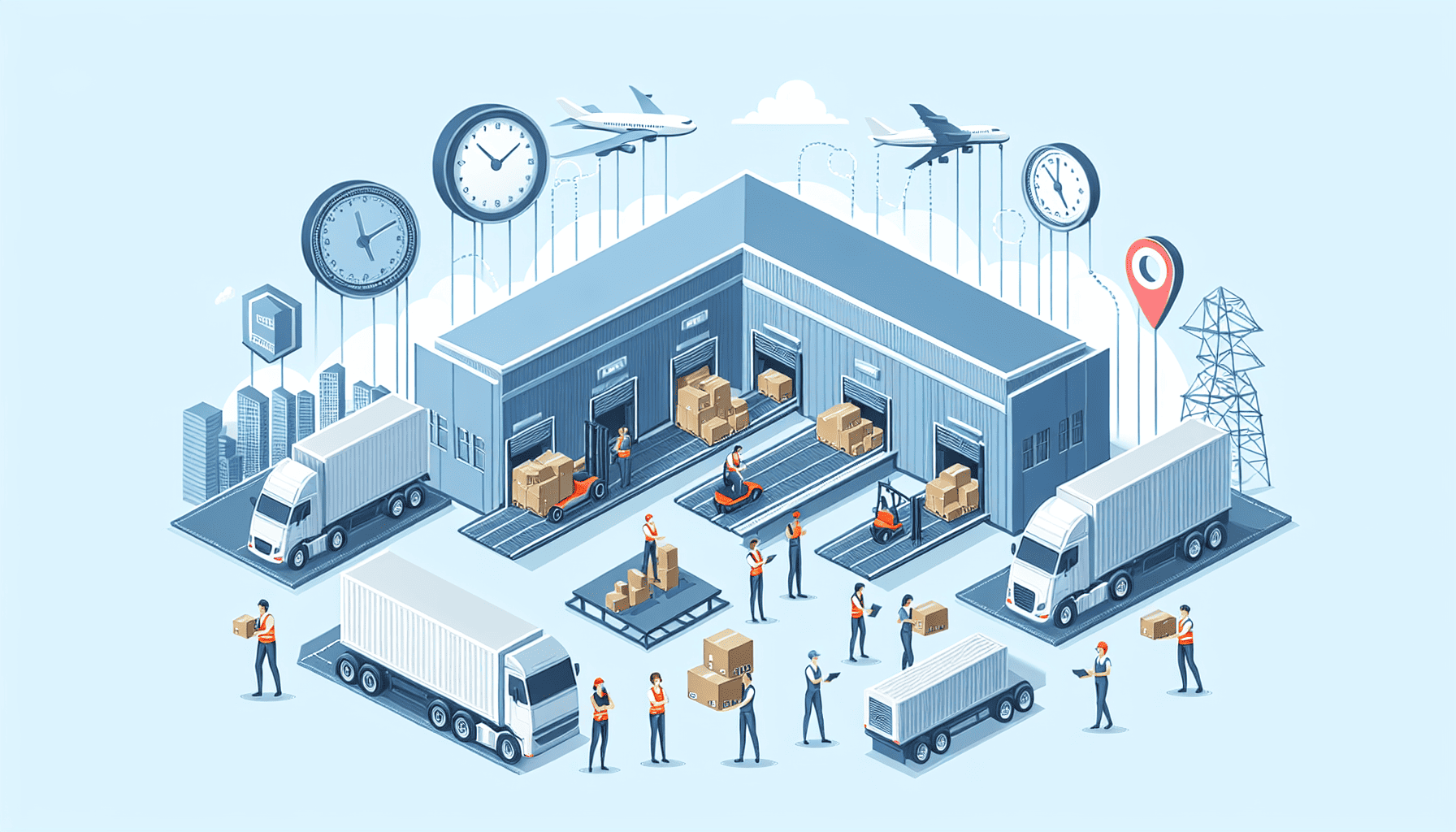In today's globalized economy, efficient logistics management is vital for any business that wants to stay competitive. Supply chains have become increasingly complex, involving multiple stakeholders, cross-border transactions, and the need for real-time data and analytics. Advanced logistics management solutions are no longer a luxury but a necessity for streamlining operations, reducing costs, and ensuring customer satisfaction.
One of the key components of advanced logistics management is the integration of technology. Modern logistics systems leverage technologies such as the Internet of Things (IoT), artificial intelligence (AI), and blockchain to enhance visibility and control over the supply chain. IoT devices, for instance, provide real-time data on the location and condition of goods, enabling companies to optimize their routes and reduce delays.
AI plays a crucial role in predictive analytics, helping businesses anticipate demand fluctuations and adjust their inventory and delivery systems accordingly. By employing machine learning algorithms, companies can make data-driven decisions that improve efficiency and cut down on waste. Moreover, AI-powered chatbots and virtual assistants can handle customer queries, freeing up human resources for more complex tasks.
Blockchain technology offers a secure and transparent way to record transactions between parties. This is particularly beneficial in logistics, where multiple stakeholders need to access the same data but with varying levels of permission. Blockchain enhances traceability, reduces the risk of fraud, and ensures that all parties in the supply chain have access to accurate and timely information.
Another critical aspect of seamless logistics management is collaboration. Successful supply chains rely on effective communication and cooperation among partners, from suppliers and manufacturers to distributors and retailers. Cloud-based platforms facilitate this interaction by providing a centralized location where stakeholders can share information, make joint decisions, and manage projects. This collaborative approach not only speeds up processes but also aids in identifying and solving problems more effectively.
Sustainability is also becoming an integral part of logistics management. Companies are now more conscious of their environmental footprint and are seeking ways to reduce emissions and waste. Implementing green logistics practices, such as optimizing routes for fuel efficiency, using eco-friendly packaging, and adopting electric vehicles, can significantly contribute to a more sustainable supply chain. These practices not only improve a company's reputation but also lead to cost savings in the long term.
Employee training and development are essential to the successful implementation of advanced logistics systems. As technologies evolve, so must the skills of the workforce. Offering regular training sessions and upskilling opportunities ensures that employees can effectively use new tools and stay ahead of industry trends. This investment in human resources translates into better operational efficiency and a more resilient supply chain.
In conclusion, advanced logistics management is about creating a cohesive, agile, and responsive supply chain network that can adapt to changing market conditions and consumer demands. By leveraging cutting-edge technologies, fostering collaboration, emphasizing sustainability, and investing in employee development, businesses can enhance their logistics operations. This not only boosts profitability but also positions companies as leaders in delivering high-quality, timely, and sustainable solutions to their clients.
